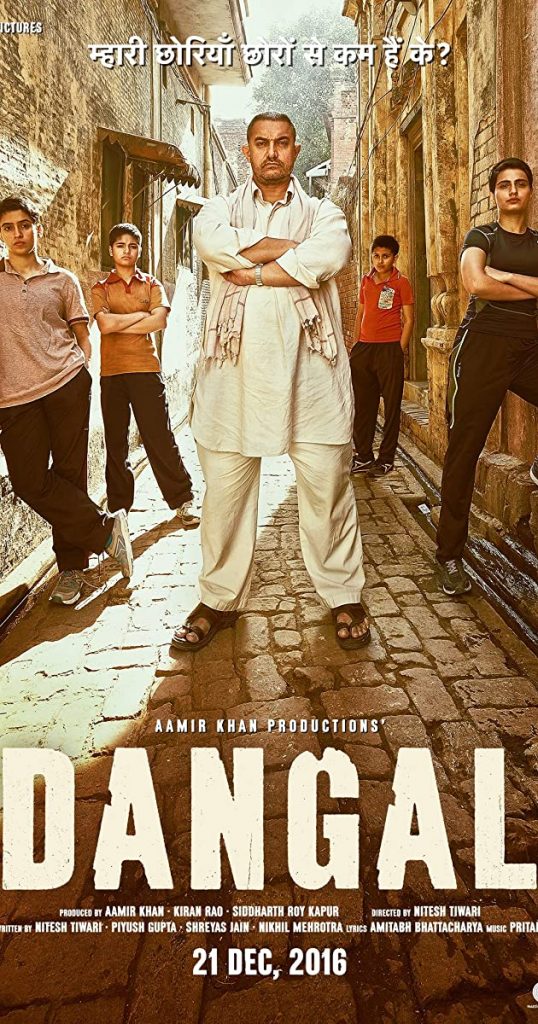by KAM Choy Yin
Let us discuss about the importance of subtitle translation for films and television programmes.
Subtitles allow us to understand a foreign culture or other religion. The lines spoken by a character might consist of terms or quotations that reflect his or her culture or religion. Without translation, not only we can’t understand the implications of these lines, we might even misinterpret their literal meanings. Translated subtitles help explain the meanings of the original dialogues and thus allow us to know more about other cultures and religions.

Image: Imdb
An example is the Indian film “Dangal” which has been popular in many countries. In India, women have a very low social status and everyone considers women to be a subsidiary of men. Dialogues in the film like “A girl is born to does house chores. At least, your dad thinks about you and allows you to own your own life. Other girls will marry a man who she has never met at the age of 14.”; “How can any men dare to choose them if they are practising wrestling?”, and the leading actor responded, “They don’t have to be chosen by men, I let them choose men.” Those dialogues reflect the patriarchal Indian society. The actor chose a different path for his daughters. The film is in Hindi but with subtitles in the translated languages, audience worldwide can understand the film and know more about the culture of the Indian society.
Thus, translation plays a very important role. The translated subtitles fulfill the audience’s desire to know—audience who come from different countries, as well as educational and cultural backgrounds. As long as the film or television programme is in a language unfamiliar to the audience, then translated subtitles will have their value of existence.







